The pharmaceutical sector is evolving, with 70% of healthcare professionals favoring personalized engagement over traditional methods. This shift highlights the necessity of omnichannel marketing, which integrates various channels to connect with HCPs and patients. In a fragmented healthcare environment, effective outreach poses challenges and opportunities for pharmaceutical firms. Crafting personalized messaging across interconnected channels is essential.
Understanding the Omnichannel Landscape in Pharma
Omnichannel marketing aims for a cohesive experience across all platforms, unlike multichannel marketing, which operates independently. In pharma, this includes email, webinars, patient portals, social media, and in-person events working together. Key elements are:
- Integration: All channels should convey a unified message.
- Consistency: Messaging remains aligned for HCPs and patients.
- Customer-Centricity: Focus on delivering a seamless, personalized experience.
More about how omnichannel approaches are applied in pharma can be explored in this guide from Anthill Agency.
Benefits of Omnichannel Marketing in Pharma
- Enhanced HCP Engagement: Tailored content strengthens relationships with healthcare providers.
- Improved Patient Outcomes: Education and tools through connected platforms increase treatment adherence.
- Higher ROI: Focused campaigns yield better returns, maximizing marketing efficiency.
For additional insights into the commercial advantages, check out McKinsey’s take on the omnichannel model in pharma.
Identifying Key Touchpoints
Pharmaceutical companies can reach HCPs and patients through various channels:
-
- For HCPs:
o Digital detailing
o Medical conferences
o Email marketing
o Peer-to-peer interactions
-
- For Patients:
o Mobile apps
o Social media
o Telehealth platforms
o Patient portals
Leveraging Digital Channels
Digital platforms like emails, webinars, and social media effectively engage busy healthcare professionals. Interactive webinars, for instance, have led to a 25% increase in engagement. More ideas for effective HCP engagement can be found here.
Leveraging Professional Networks and Online Communities
Platforms like LinkedIn are valuable for connecting with HCPs. Sharing industry news and educational materials keeps them informed and engaged.
Personalized Content and Targeted Messaging
Tailoring content to HCPs’ specific needs, such as creating relevant case studies, enhances relevance and fosters connections.
Connecting with Patients Through Multifaceted Channels
Mobile Health (mHealth) and Patient Apps
Mobile apps are vital for patient engagement, improving medication adherence. Educational resources enhance understanding and promote adherence.
Social Media Engagement and Patient Advocacy
Social media fosters connection, allowing companies to share success stories and health tips while maintaining responsible marketing practices.
Content Marketing for Patients
Creating informative content is essential, including blog posts, educational videos, and interactive tools for symptom tracking.
Measuring and Optimizing Omnichannel Performance
Key Performance Indicators (KPIs)
To evaluate an omnichannel strategy’s success, focus on engagement rates, conversion rates, and satisfaction scores.
Data Analytics and Reporting
Analytics tools track campaign performance, guiding adjustments for strategy improvement.
Adapting to Evolving Trends
Pharmaceutical companies must adapt their omnichannel strategies to stay relevant in the dynamic healthcare sector.
Regulatory Compliance and Ethical Considerations
Adherence to FDA and HIPAA regulations is crucial to protect patient data and ensure ethical practices. Transparency builds trust and is essential for maintaining patient relationships.
Case Studies of Successful Omnichannel Campaigns
Leading firms like Pfizer have effectively utilized targeted digital marketing to connect with HCPs and patients. For more real-world applications of HCP marketing strategies, this article from HIT Consultant
Conclusion
In conclusion, omnichannel marketing is essential for effectively reaching HCPs and patients. By integrating strategies and focusing on personalization, pharmaceutical companies can enhance their outreach and remain competitive in the evolving healthcare landscape.
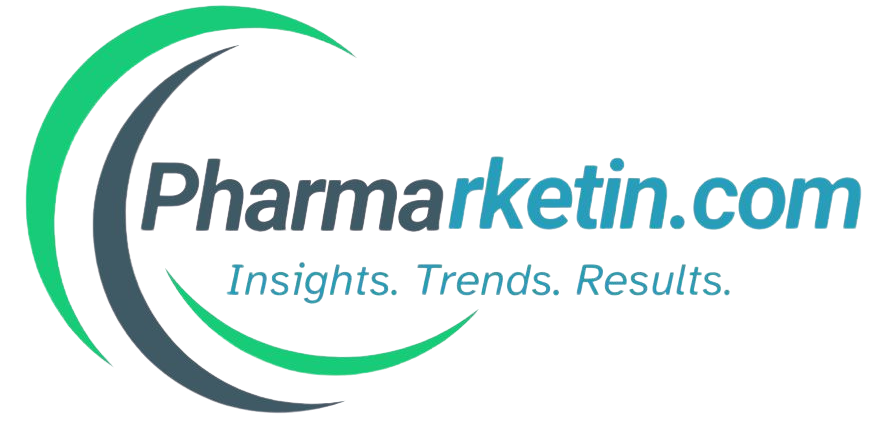


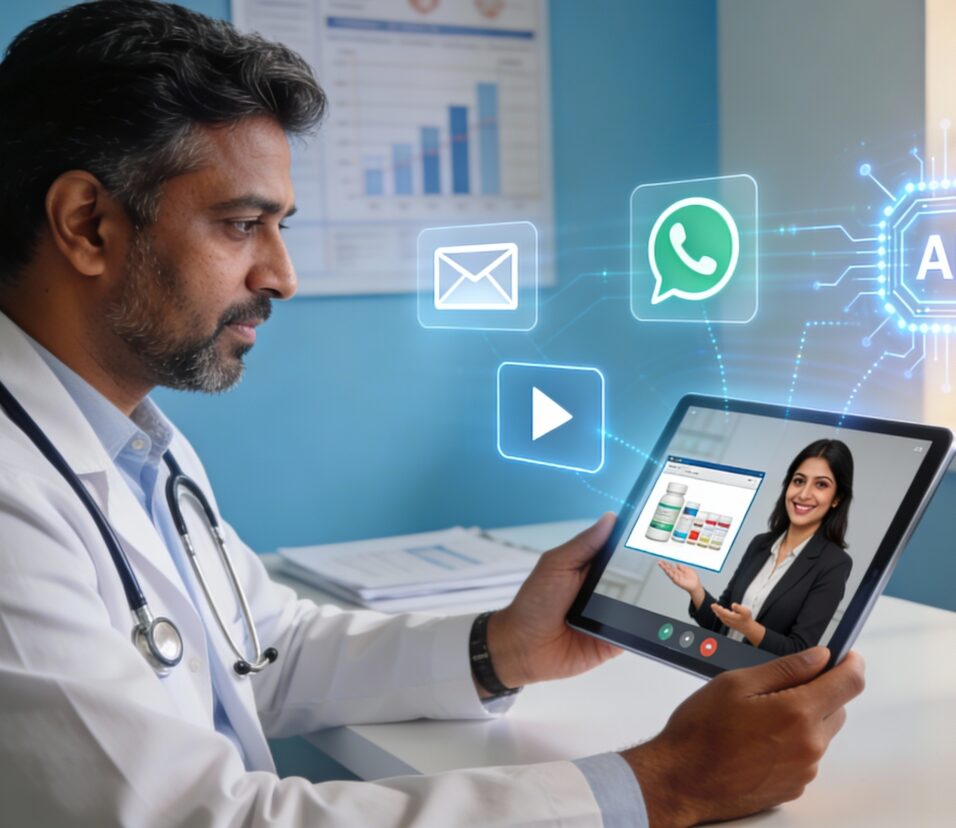
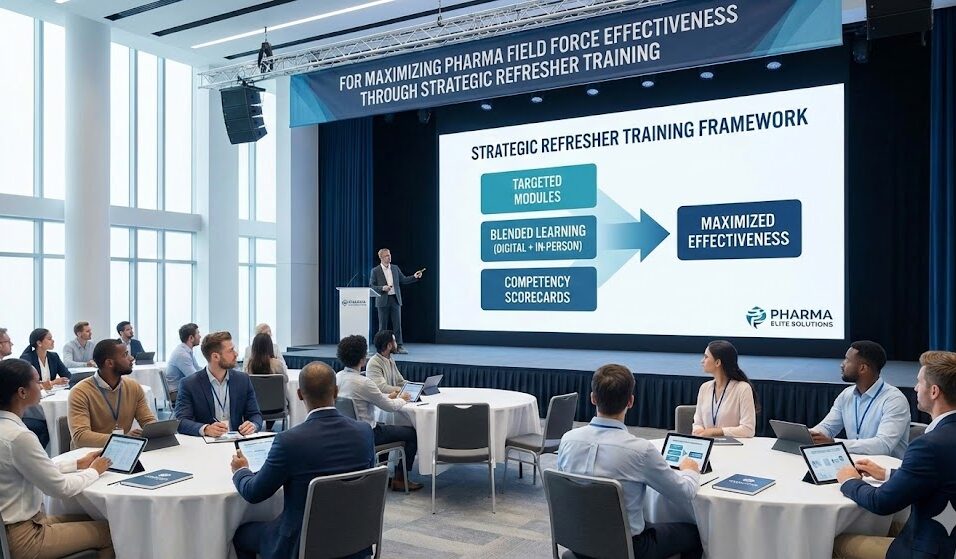

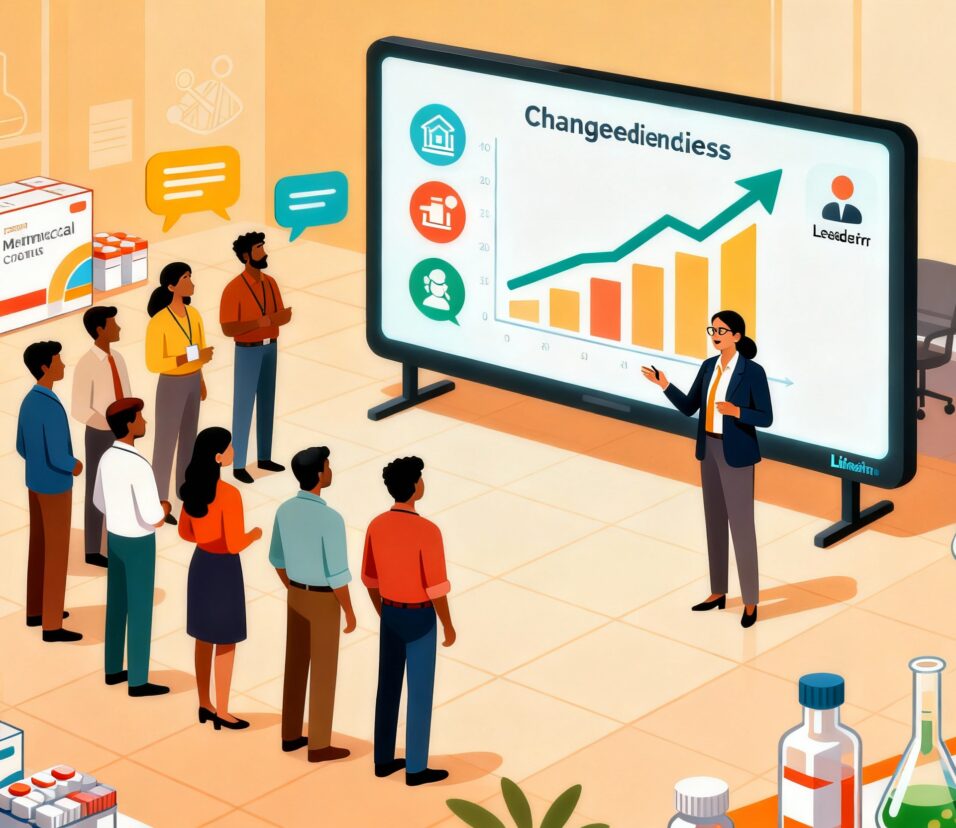
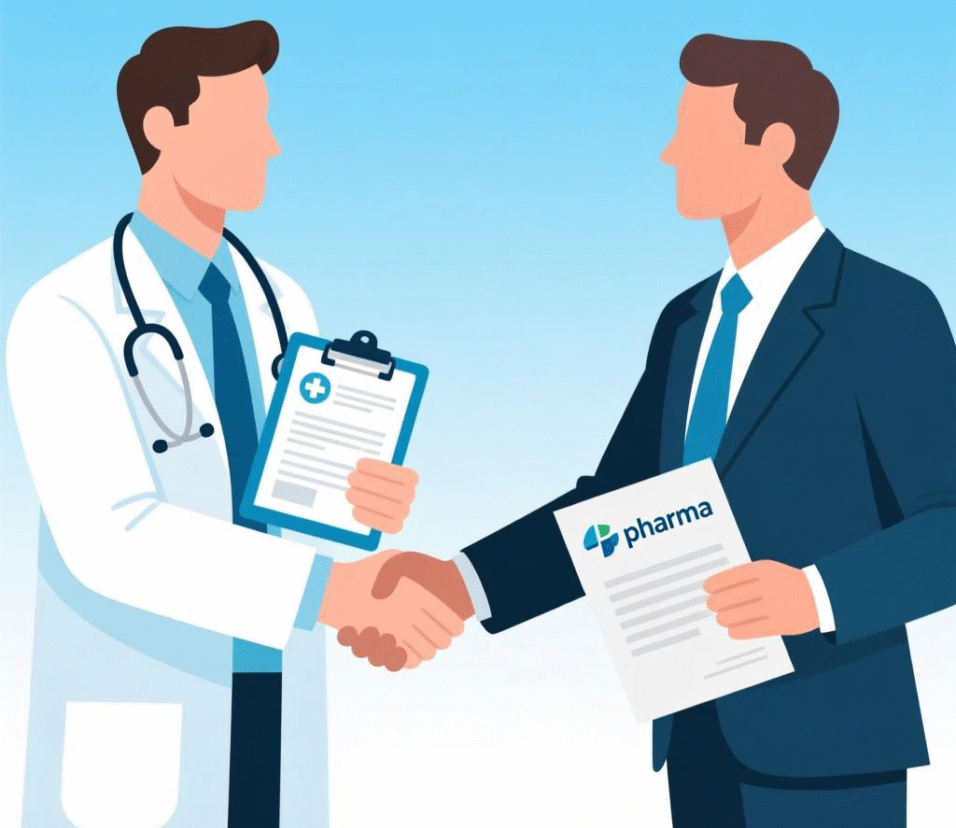

Leave feedback about this